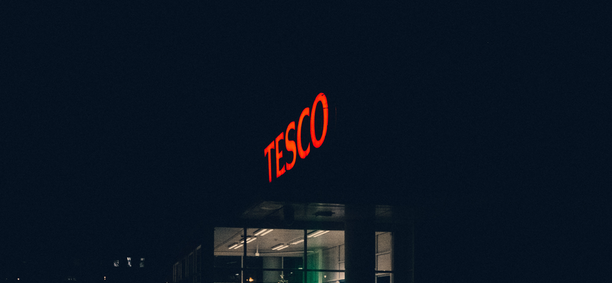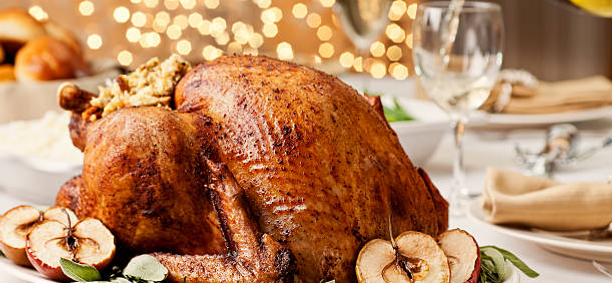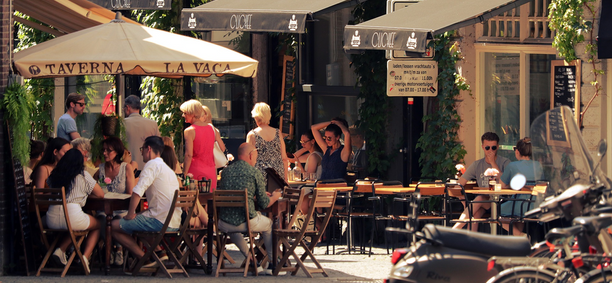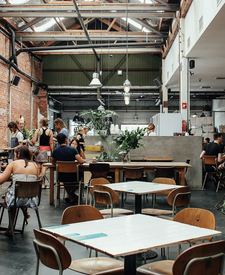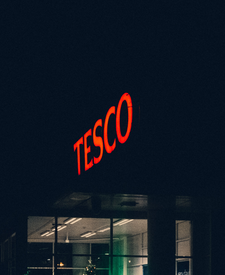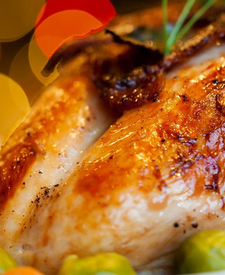The Importance of Smarter Reservation Management for Restaurants
The dining experience starts long before a guest takes their seat. In today’s fast-paced and digitally connected world, restaurants need to offer more than just good food — they need to deliver convenience, control, and clarity from the very first interaction. One of the most critical yet often overlooked aspects of this experience is how reservations are managed.
Smarter reservation management isn’t just a modern upgrade — it’s a necessity. Whether it’s a neighborhood café, a bustling bistro, or a fine-dining establishment, the ability to handle bookings efficiently shapes guest flow, staffing, and overall service quality. It directly affects operational performance and guest perception. Today’s technology makes it possible to centralise, automate, and optimise every aspect of the reservation process. From online bookings and table assignments to automated reminders and no-show prevention, platforms for an all-in-one booking solution are revolutionising how restaurants fill their tables and manage their time — without adding extra pressure on staff.
The Pitfalls of Traditional Reservation Systems
For decades, restaurants relied on phone calls, paper notebooks, and spreadsheets. But these outdated tools no longer meet modern expectations. Instant access, real-time availability, and digital confirmation are now standard.
Traditional methods are time-consuming and prone to errors. Overbookings, lost notes, and unclear waitlists disrupt service and frustrate staff. This often leads to delays and a poor guest experience — and in today’s review-driven culture, that’s a costly risk.
“Outdated booking methods are no longer just inefficient — they are actively costing restaurants guests, time and revenue.”
Without digital tools, gathering data on booking trends, guest preferences, or peak times is nearly impossible. Manual systems keep operators in a reactive state instead of enabling proactive, data-driven management. Thankfully, smart reservation platforms offer an alternative: greater control, less administrative effort, and the ability to turn every booking into a strategic advantage.
How Digital Booking Tools Maximise Efficiency and Revenue
Modern platforms do more than digitize a calendar — they optimise the entire booking process. From dynamic table assignments to real-time availability and automated reminders, these tools eliminate errors, reduce downtime, and streamline guest service. The Overview of digital tools boosting online performance, adopting the right tech solutions can significantly strengthen a business’s online presence and operational stability. As highlighted in a recent article by Food & Wine, AI is revolutionizing the restaurant industry, enhancing operations from customer interactions to backend logistics.
Here are several ways smart systems support revenue growth:
- Optimised table turnover: Strategic seating improves flow and occupancy.
- Upselling potential: Regulars can receive targeted wine or dessert suggestions.
- Improved off-peak performance: Incentives can drive traffic to quieter hours.
- Efficient walk-in handling: Digital waitlists with automated alerts enhance flexibility.
The important revolution in restaurant operations was that administrative tasks like confirmations or cancellations are automated, reducing pressure on staff and allowing them to focus on delivering great hospitality.
Guest Experience at the Core: Why Booking Convenience Matters
A restaurant’s first impression is often made online. If the booking process is slow, confusing, or not mobile-friendly, potential guests may simply leave. A clunky system suggests disorganization behind the scenes — and in today’s competitive landscape, that’s a risk no restaurant can afford.
The right platform builds trust from the very first click. Guests expect fast, seamless, mobile-friendly booking — and smart systems deliver with one-click reservations via the website or Google. Once a booking is made, guests want immediate reassurance. Automated emails or SMS reminders provide instant confirmation and real-time updates, reducing uncertainty and enhancing peace of mind.
Beyond the basics, personalization plays a key role. Guests often have special requests or preferences — smart systems remember these details and apply them automatically on future visits, creating a sense of familiarity and care. Flexibility is equally important: the ability to cancel or reschedule without calling the restaurant makes the process smoother and more respectful of guests’ time.
Perhaps most critically, guests want confidence in availability. Real-time synchronization across all devices and waitlists ensures that what they see is accurate — no guesswork, no double-booking, no surprises.
Driving Long-Term Growth Through Smart Reservation Management
Smarter tools don’t just address daily pain points — they fuel long-term strategic growth. Reservation systems collect data on behavior, demand, and trends, helping restaurants:
- Adjust hours or staffing patterns
- Launch targeted promotions during slow periods
- Build guest profiles to improve personalisation
- Measure campaign effectiveness and ROI
Restaurants can also use this data for loyalty programs, re-engagement campaigns, or segmented email marketing based on visit frequency or spending. Insights from smart systems support refined digital marketing strategies and efforts.
What Smart Booking Can’t Do
While smart systems are powerful, they’re not a silver bullet. They depend on consistent input and staff training. Without clear communication between the software and the team, even the best platform can fail. Moreover, overly rigid automation can sometimes lead to a lack of human touch — a core element in hospitality. That’s why tech should complement, not replace, thoughtful service.
A Smarter Strategy, Not Just Smarter Tech
The goal of smart reservation management isn’t to remove the personal touch — it’s to make room for more of it. In a high-pressure environment, automation frees up time for real connection. The best systems provide structure while giving teams the flexibility to adapt.
Conclusion
Reservation management is no longer just about logistics — it’s about the guest experience, staff efficiency, and long-term growth. While no system is perfect, a smart, well-implemented platform helps restaurants stay competitive, agile, and guest-focused in a fast-changing landscape.
By combining smart tech with a human touch, restaurants can transform a routine task into a key strength — and turn every reservation into an opportunity.



